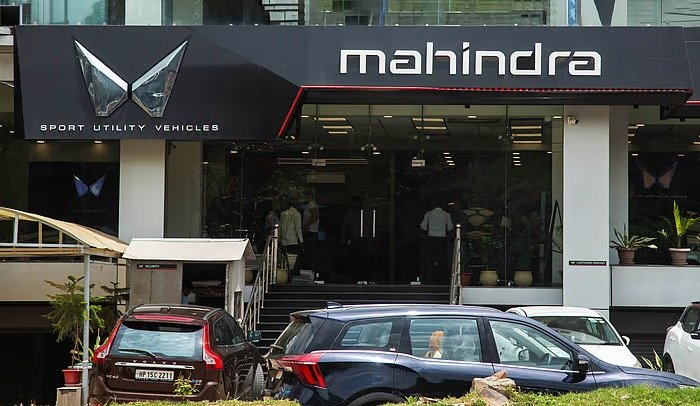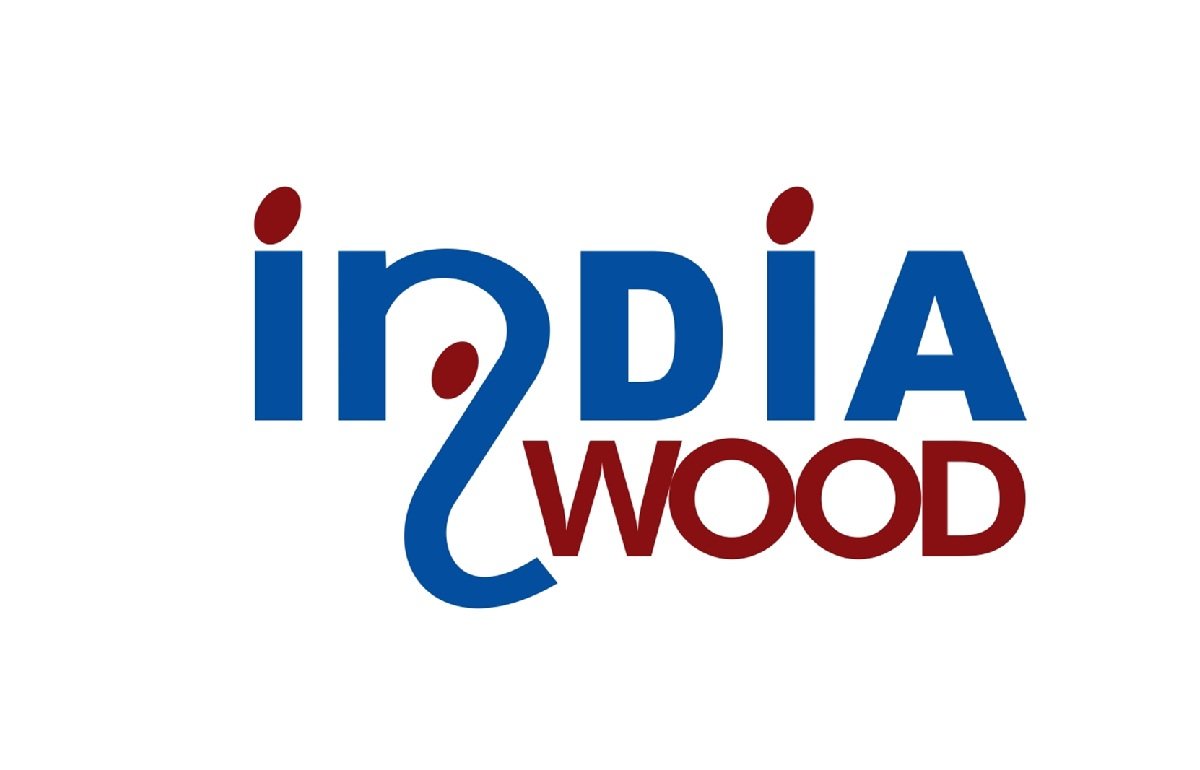ChrysCapital and InCred Growth Partners have contributed ₹1,200 crore to ILJIN Electronics (India) Pvt Ltd, a subsidiary of Amber Group, in order to expand operations, improve technology, and pursue acquisitions in India’s growing electronics industry. According to a press release, ChrysCapital will invest ₹1,100 crore, and InCred PE will contribute ₹100 crore through stock and mandatory convertible preference shares, pending regulatory approvals. According to ILJIN, the new funding will be used to support targeted acquisitions in the electronics manufacturing services (EMS) industry, increase manufacturing scale, and improve technological capabilities. India is actively working to localize electronics manufacturing and lessen dependency on imports at the time of the investment. The purchase highlights the increasing role of domestic businesses like ILJIN in seizing possibilities from both domestic consumption and global supply chain diversification away from China, as EMS demand surges across consumer electronics, electrical vehicles (EVs), and renewable energy.
For the consumer durables, automotive, telecom, healthcare, aerospace, defense, and renewable energy sectors, the company produces bare printed circuit boards (PCBs) and PCB assemblies. In addition, it offers solar inverters, UPS systems, EV chargers, box-build solutions, and battery energy storage systems (BESS). With a strong 52% sales CAGR between FY22 and FY25, ILJIN recorded revenues of ₹2,194 crore and operating EBITDA of ₹151 crore in FY25. Along with recent acquisitions, such as Power-One Micro Systems and a share in Israel-based Unitronics plc, its parent company, Amber Group, has also applied for government incentives under the Electronic Components Manufacturing Scheme (ECMS). With the new funding, ILJIN is better positioned to grow and play a bigger part in India’s expanding electronics manufacturing and EMS ecosystem.
According to an EY analysis, mobile, consumer electronics, lighting, and automotive are expected to drive India’s EMS sector, which is expected to reach $80 billion over the next five years. Supply chain diversification, increased domestic demand, and import substitution are important growth factors. As the nation’s second-largest import after crude oil, electronics imports totaled $8.4 billion in June 2025, underscoring the need for indigenous capacity-building. The demand for sophisticated electronics is also rising as a result of structural tailwinds from the energy transition and EV uptake. In FY24–25, India increased its clean energy capacity by 30 GW, and solar installations have surpassed 105 GW of the 500 GW target set for 2030. Given that 411 GWh will be needed by 2032, the number of battery energy storage system (BESS) tenders has increased to 12.8 GWh. By 2030, EVs, consumer electronics, and stationary storage are predicted to drive a 48% increase in the demand for lithium-ion batteries.





